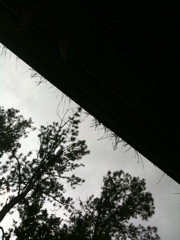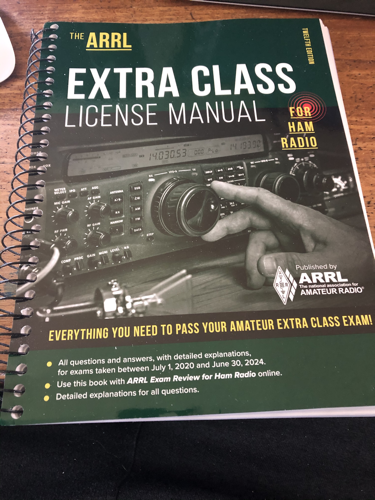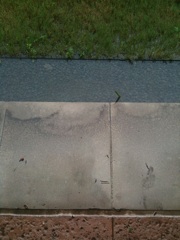The information age has brought so much to the average person with access to the Internet that it’s hard to disparage it in any serious way. The benefits of the shared knowledge and easy access outweigh any serious concerns to the point where it’s almost silly to talk about the negative effects. Doing so seems precious and falls into the realm of navel-gazers. After all, at no other time could a person of any social standing come into contact with so much information on any and all subjects. With that said, there are days where I wish I knew less.
In high school I played in a band. Our singer didn’t have any training on stringed instruments, but he could pick up a bass guitar and do some stuff that sounded really great. Why did it sound so good? Because he had no pretense. He didn’t know his scales or arpeggios and thus had nothing to prove. The faces of Jaco Pastorius and Stanley Clarke meant nothing to him. He was just having a good time. As a result of this lack of instruction (note I didn’t say talent or ability) he was able to take something that would have been deemed too simple for the almost-journeyman musician and make it convincing. There was no attempt to impress anyone technically, it was all about sounding good.
A lot of artists get lost when the art produced is for an audience of peers, living or dead, and I find myself in that boat from time to time. It’s given that at a certain point in the development of one’s voice it is critical to be reviewed by masters and peers. It’s very important to have that audience of others who are learning and growing. Much benefit can be derived from hearing a fellow composer discuss a more difficult passage and offer suggestions from a similar level of experience. When both members of the conversation are at the same point in the path up the mountain, there’s a lot of good information that can be shared and the passage can be more easily navigated by each. At the same time, when one composes only for one’s masters and peers the reason for starting the work can be lost to a desire for recognition and praise from “those who know.”

It’s also difficult when framed with the historical precendents and their ready availability. I remember like it was yesterday (because it was) thinking back through pieces that I have heard or played and searching for permission to do something. Thinking that if Roger Sessions or Edgard Varese did something like what I was trying that I can do it too. Or in moments of despair defaulting to Cage and getting my pat on the head that anything with a start point and an end point is in bounds.
Why this deferrence to history, peers, and masters? I honestly don’t know. This hang up only comes to me when I compose. My painting could not possibly care less about the Canon of Western Art™. When I build an instrument, I’m not looking to the makers of old for anything more than solid construction techniques or jigs. I don’t need for Dave Grisman to approve of my mandolin picking or Henry Miller to agree with my writing. I simply do them.
I noted this search for permission that occasionally leads to writer’s block and the derailing of projects when I started college and have made great headway in ignoring it by working with people who are not trained, talking with artists who work from the gut, and trusting the judgement of those who are the goal: normal listeners. My wife can’t write a four voice chorale in the style of J.S. Bach but she can always give a thumbs up or down to a piece of music.
Part of moving toward mastery is scrutinizing the craft. Studying its history and understanding how it all fits together is to be expected. But the untaught lesson of when to use this knowledge and when to put it aside is something that has to be learned alone in the studio. It’s one of the seldom mentioned battles that is fought by anyone who studies and creates. In the end, the desire to know less is really the desire to understand more exposed.



